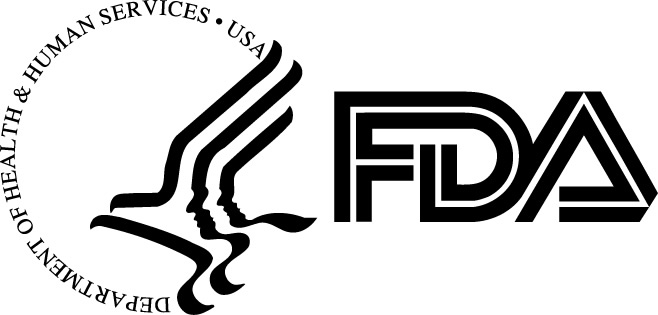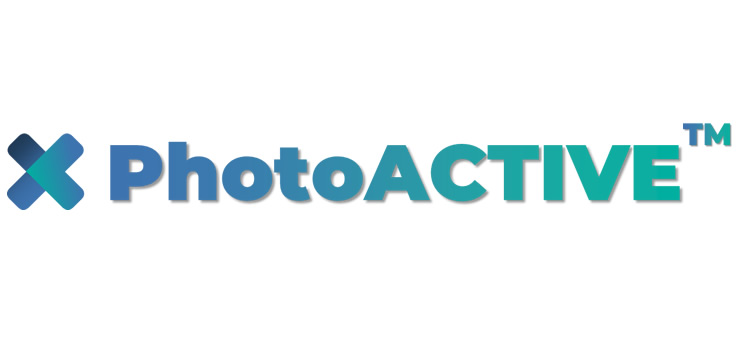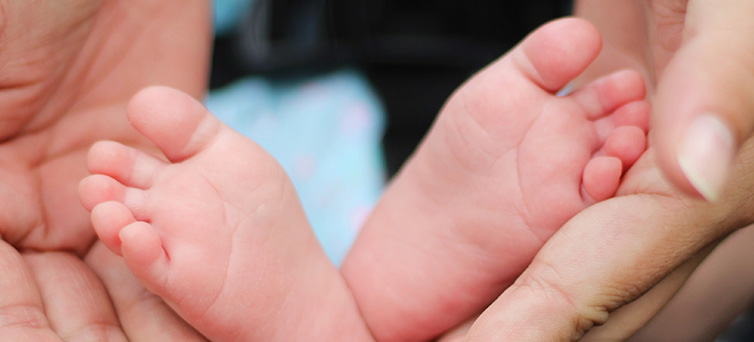Saremo lieti di ospitarvi nella nostra nuova sede
Siamo in Via SS 85 Km. 37,7 Venafrana - ZONA PIP - 86070 - Macchia d'Isernia (IS) Italy

The measures for companies and workers in the Cura Italia decree
50 million for tax credit for the costs of sanitizing environments and work tools to the extent of 50 percent of the relative amount and up to a maximum of 20,000 euros.
The application of PhotoACTIVE costs half.

FDA - USA: Requested by a loyal company as a customer, Esse Marine Inc. 18628 SW 50th Court
MIRAMAR, FL 33029 - USA, the opinion to the Food and Drag Administration of the use of PhotoACTIVE to be used to clean sanitized surfaces, walls, floors, ceilings, etc.
Answer: FDA certification is not required

Currently, the emergence of a new human coronavirus, called 2019-nCoV, has become a global health problem causing serious respiratory tract infections in humans. Human-to-human transmissions have been described with incubation times between 2-10 days, probably facilitated by its spread through droplets, hands or contaminated surfaces. We therefore reviewed the literature on all available information on the persistence of human and veterinary coronaviruses on inanimate surfaces, as well as on inactivation strategies with biocidal agents used for chemical disinfection, e.g. in healthcare facilities. Analysis from 22 studies reveals that human coronaviruses such as severe acute respiratory syndrome coronavirus (SARS), Middle East respiratory syndrome coronavirus (MERS) or endemic human coronaviruses (HCoV) can persist on inanimate surfaces such as metal, glass or plastic for up to 9 days, but can be efficiently inactivated by surface disinfection procedures with 62-71% ethanol, 0.5% hydrogen peroxide or 0.1% sodium hypochlorite within 1 minute. Other biocidal agents such as 0.05-0.2% benzalkonium chloride or 0.02% chlorhexidine digluconate are less effective. Since no specific therapies are available for 2019-nCoV, early containment and prevention of further spread will be crucial to stop the ongoing epidemic and control this new infectious thread.
Conclusions: Human coronaviruses can remain infectious on inanimate surfaces for up to 9 days. Surface disinfection with 0.1% sodium hypochlorite or 62-71% ethanol significantly reduces the infectivity of coronavirus on surfaces within 1 minute of exposure. We expect a similar effect against 2019-nCoV.
To date there is no remedy, only prevention.
The updated contagion map in Italy is available on the GEDIVISUAL website, click on the link to connect

Iss: tips for indoors
We stay at home and pay attention to the cleanliness of the home environment. By following these simple tips from the Higher Institute of Health (ISS) we can keep the air clean in our homes by making the period of isolation or quarantine healthier. These recommendations are valid in general for all closed environments: from those of offices and commercial establishments to those of means of transport.
Read more about the Ministry of Health, connected by clicking on the ISS link